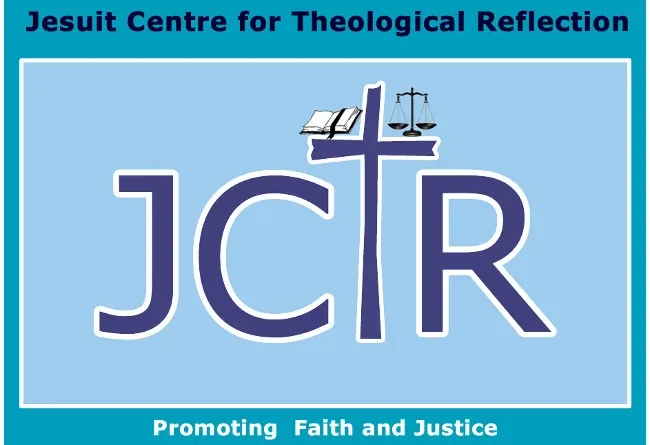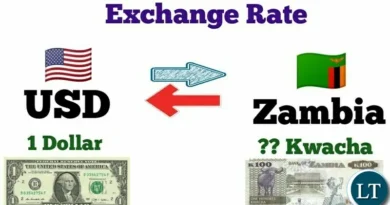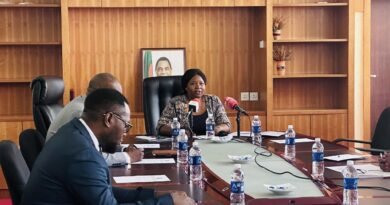JCTR Calls for Increased Social Spending in 2025 Budget to Address High Cost of Living
The Jesuit Centre for Theological Reflection (JCTR), a Zambian advocacy group, is urging the government to prioritize social spending and poverty reduction in the upcoming 2025 national budget.
This call comes as Zambia grapples with rising inflation, drought, and high unemployment, all of which are making it increasingly difficult for many Zambians to afford basic necessities.
The JCTR emphasizes the importance of public participation in the budgeting process, as mandated by the Planning and Budgeting Act of 2020. They believe that including Zambians in these discussions will strengthen transparency and accountability in governance.
The Centre’s concerns are rooted in their recent analysis of the April 2024 Basic Needs and Nutrition Basket (BNNB). This basket tracks the cost of essential goods for a family of five. While the April basket showed a slight decrease from March, the overall cost of living remains a significant burden.
Essential goods are still expensive, and many Zambians, especially those struggling with unemployment, are finding it hard to make ends meet.
To address these challenges, the JCTR proposes several recommendations for the 2025 budget:
The JCTR urges the government to allocate more resources to social safety net programs that support vulnerable populations, particularly women and unemployed youth. These programs can provide much-needed assistance for basic needs like food and shelter.
The Centre also recommends initiatives that promote entrepreneurship and provide access to finance for small businesses. This approach can stimulate economic growth and create new job opportunities, alleviating poverty in the long run.
The JCTR emphasizes the need for a fairer tax system. They argue that non-discriminatory taxes, such as Value Added Tax (VAT), should not disproportionately burden low-income earners. As an example, they highlight the 16% VAT applied to sanitary towels, a necessity not a luxury good.
The Centre proposes broader initiatives to ease the burden on vulnerable groups. This could include raising tax thresholds for workers, making them take home more disposable income.
Additionally, exploring alternative energy sources like Liquefied Petroleum Gas (LPG) could reduce dependence on expensive and environmentally harmful charcoal.
The JCTR concludes by encouraging all Zambians to participate in the budget process. They believe that a combination of effective policy implementation and public engagement is crucial for Zambia to achieve its Vision 2030 goals of becoming a prosperous middle-income country.



